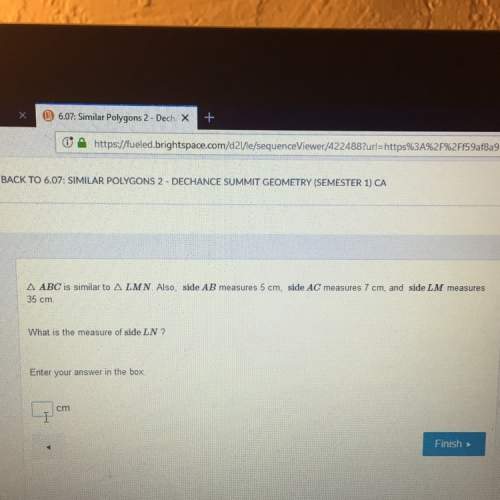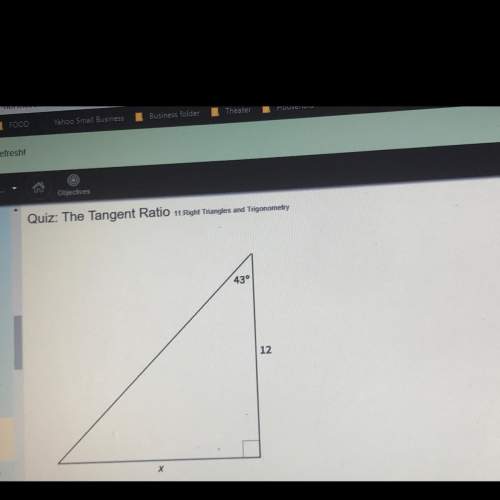
Mathematics, 28.08.2020 23:01 Hi1234t6
Suppose that on each play of a game, a gambler either wins 1 with probability p or loses 1 with probability 1–p (or q). The gambler keeps betting until she or he is either up a total of n or down a total of m. What is the probability the gambler will quit an overall winner? You must consider both cases when p = 0.5 and when p ≠ 0.5

Answers: 3


Another question on Mathematics

Mathematics, 21.06.2019 16:00
Find the amount in a continuously compounded account for the given condition. principal: $1000, annual interest rate: 4.8%, time: 2 yr
Answers: 3

Mathematics, 21.06.2019 18:30
If, while training for a marathon, you ran 60 miles in 2/3 months, how many miles did you run each month? (assume you ran the same amount each month) write your answer as a whole number, proper fraction, or mixed number in simplest form. you ran __ miles each month.
Answers: 1

Mathematics, 21.06.2019 19:00
Solving systems of linear equations: tables represent two linear functions in a systemöwhat is the solution to this system? 0 (10)0 (1.6)0 18,26)0 18-22)
Answers: 1

Mathematics, 21.06.2019 19:30
Okay so i didn't get this problem petro bought 8 tickets to a basketball game he paid a total of $200 write an equation to determine whether each ticket cost $26 or $28 so i didn't get this question so yeahyou have a good day.
Answers: 1
You know the right answer?
Suppose that on each play of a game, a gambler either wins 1 with probability p or loses 1 with prob...
Questions




Chemistry, 10.03.2020 03:08


Health, 10.03.2020 03:08











Chemistry, 10.03.2020 03:08




 is p ≠ 0.5 and k/N =
is p ≠ 0.5 and k/N =  is P = 0.5
is P = 0.5



